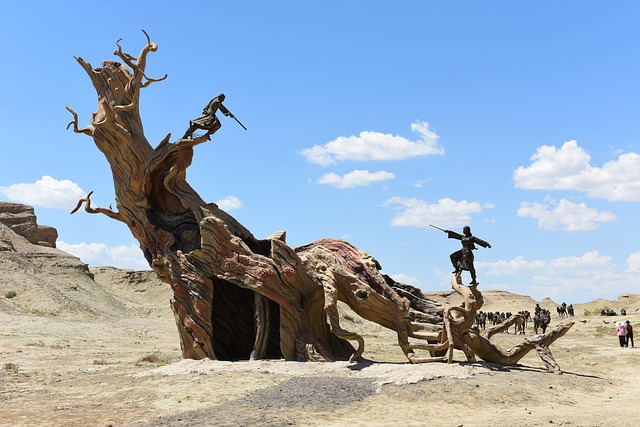In the intricate tapestry of human understanding, few concepts bridge the vast chasm between science and modern philosophy as effectively as the idea of hermeneutic domains. These domains represent realms of interpretation and meaning, where the pursuit of knowledge transcends mere facts and figures to delve deeper into the human experience. How we interpret our environment, our thoughts, and even our scientific endeavors often hinges on the lenses we use to view them.
As we venture into the rich landscape of hermeneutic domains, we find ourselves navigating through a multitude of perspectives and methodologies. In science, this translates to how we interpret data, construct theories, and understand the underlying principles of our world. Scientific inquiry is not just a mechanical process; it is infused with human intuition and subjectivity. The theories we propose and the experiments we conduct are all framed within the context of our cultural, philosophical, and ethical understandings.
Consider the realm of modern philosophy, which challenges us to embrace ambiguity and multiplicity of meanings. Philosophers have long argued that meaning is not fixed. Instead, it is a fluid construct that evolves as we experience life and learn from one another. This notion echoes in the scientific method, where hypotheses are continuously refined through observation and experimentation.
As we dissect complex theories, such as those in quantum physics or the philosophy of mind, we realize that our understanding is sculpted by the interplay of hermeneutic domains. How do we interpret the implications of quantum entanglement? What does it mean for our classical understanding of locality and causation? Each question opens new avenues for exploration and reinterprets existing frameworks, blending scientific rigor with philosophical inquiry.
Moreover, the ethical implications of scientific advancements demand a hermeneutic approach. The rapid evolution of technology calls for careful consideration of the contexts in which new knowledge is applied. In fields such as artificial intelligence, biotechnology, and environmental science, our ability to interpret the consequences of our innovations determines their integration into society. Here lies the intersection of science and philosophy—a bastion for ethical hermeneutics, where the narratives we create drive our policies and practices.
Engaging with hermeneutic domains invites us to question not only what we know but how we come to know it. It urges us to reflect on the frameworks that shape our understanding and the language we use to communicate ideas. In a world where science and philosophy increasingly converge, the boundaries between these realms blur, allowing for a richer exploration of knowledge that respects the complexities of human experience.
As we continue to explore and expand our grasp of reality, embracing the concept of hermeneutic domains can empower us to appreciate the nuances of our inquiries. It encourages a more integrative approach, one where the interpretations of scientists and philosophers alike become part of the larger dialogue of discovery. In this space, we not only seek answers, but also cultivate an understanding that honors the multifaceted nature of truth.




